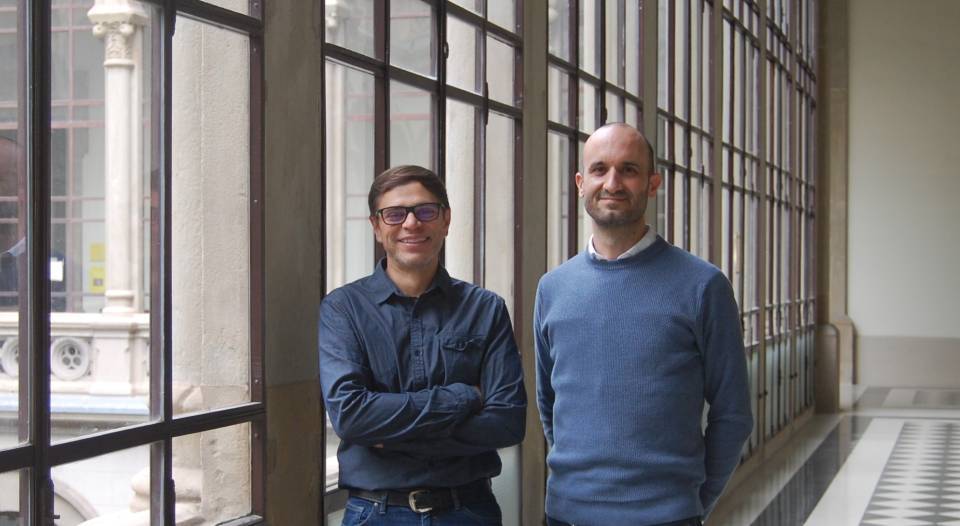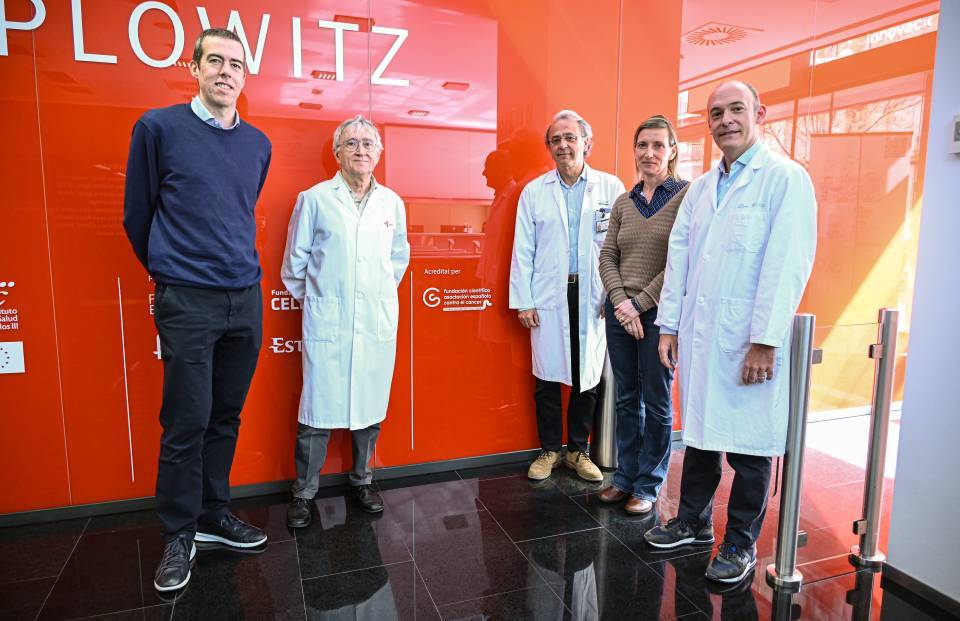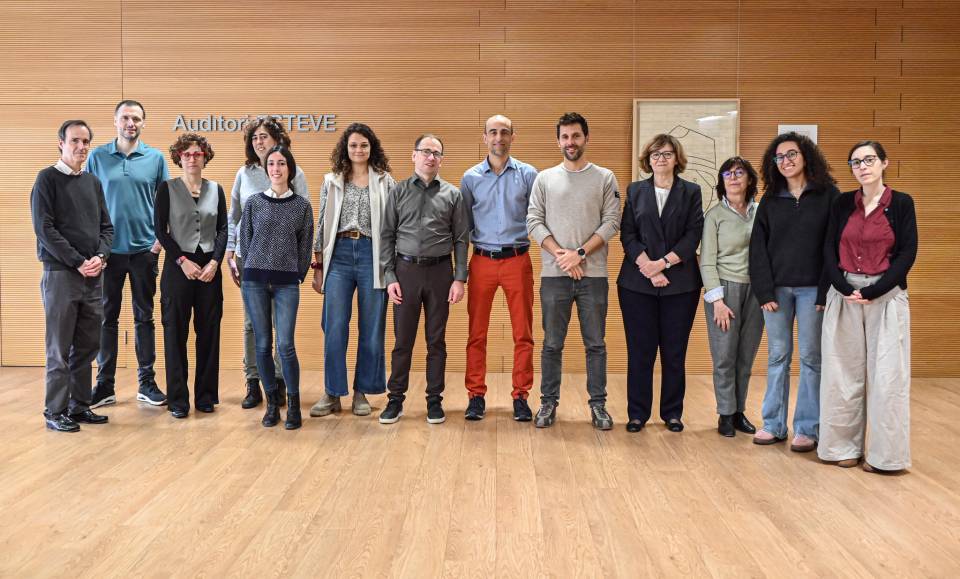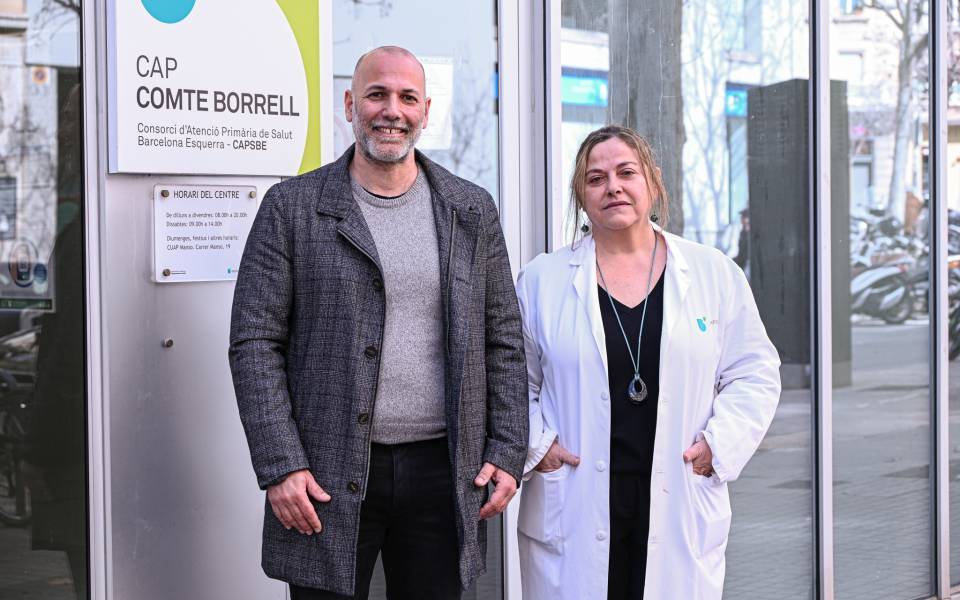The project includes the participation of Daniel Tornero a member of the IDIBAPS group Pathophysiology and treatment of neurodegenerative diseases and member of the Universtat de Barcelona (UB) Institute of Neurosciences (UBNeuro). Jordi Soriano, member of the UB Institute of Complex Systems (UBICS) is also taking part in the project. This university was awarded 3 further projects in the call.
In the microchips to be developed, the neurons will be connected to each other following special designs that will allow them to carry out artificial-intelligence and deep-learning tasks (currently carried out in electronic circuits) with a very low cost in terms of energy and using natural neural computation, which works so well in the human brain. These neurochips have unique advantages, such as considerable flexibility with respect to changing information, as well as the ability to adapt and self-repair. The researchers’ idea is to explore the benefits of biological neuronal computation and make it accessible for developing new technologies for society.
The project, coordinated by Aston University (United Kingdom) and with total funding of 3.5 million euros, also includes the participation of researchers from Loughborough University (United Kingdom), the French National Scientific Research Center (CNRS), the Technion Institute of Technology (Israel), and the company 3Brain AG (Switzerland).
In the image: Customized neural cultures, a technique which will serve as a basis for developing the Neu-ChiP project. Neurons are shown in green, the astrocytes in red, and the nuclei in blue. Image: Daniel Tornero.




